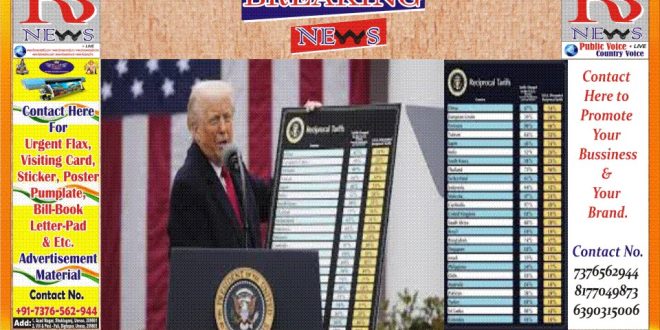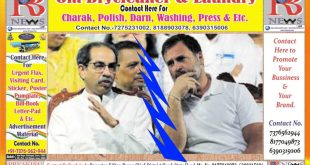USA Tariff: After President Donald Trump’s announcement of imposing tariffs, now more than 50 countries of the world have contacted the US so that talks can be started on trade. Israeli Prime Minister Benjamin Netanyahu is arriving at the White House on Monday, where he will discuss these new tariffs. Japan is also going to contact President Trump soon.
Taiwanese President Lai Ching-te has said that he is ready for talks and will remove obstacles in trade on the basis of zero tariff. He also promised that Taiwanese companies will increase their investment in America. Kevin Hassett, director of the US National Economic Council, defended Trump’s tariff policy and justified it.
Trump said this
Speaking to reporters in Air Force One, Trump said that he is not worried about the big fall in the stock market. So far, the US stock market has lost about $ 6 trillion, but Trump did not express any concern about it.
US President Donald Trump said, “I don’t want any trouble, but sometimes you need to take medicine to fix something.” Trump said that he has talked to the leaders of Europe and Asia during the weekend. These leaders are trying to get Trump to reduce the tariffs that are being implemented this week by 50%.
Trump clearly said, “They want to negotiate now. But unless they give us a lot of money every year, there will be no talks.” Last week, Trump’s tariff policy announcement shook economies around the world. China also announced tariffs in response, which has increased the risk of trade war and recession at the global level.
The risk of trade war is increasing
Last week, Trump’s tariff announcement shook economies around the world. China also imposed its tariffs in response, which has increased the risk of global trade war and economic recession. Investors and politicians are now confused whether Trump’s tariffs will be in place for the long term, are part of a new system, or are simply a ploy to extract concessions from others.
On Sunday morning TV talk shows, Trump’s top economic advisers presented the tariffs as a deliberate policy to make the US stronger in global trade.
 RB News World Latest News
RB News World Latest News






